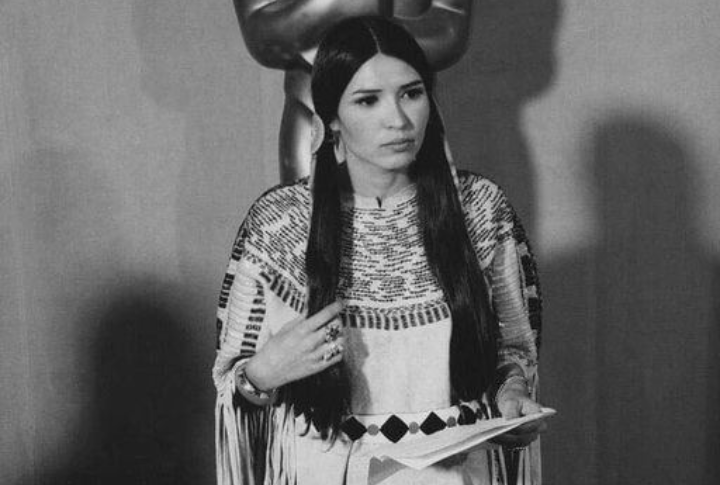
Native Americans have profoundly influenced the world through their achievements and unwavering spirit. These individuals, ranging from courageous leaders and brilliant innovators to influential artists and passionate activists, have made lasting impacts on history. Let’s celebrate 15 Native Americans whose legacies continue to inspire the world today.
Dr. Susan La Flesche Picotte

Dr. Susan, a member of the Omaha tribe, was the first Indigenous woman to become a doctor. Beyond her medical career, she worked tirelessly to promote sobriety on the reservation and fought against tuberculosis, which had no cure at the time.
Susette La Flesche
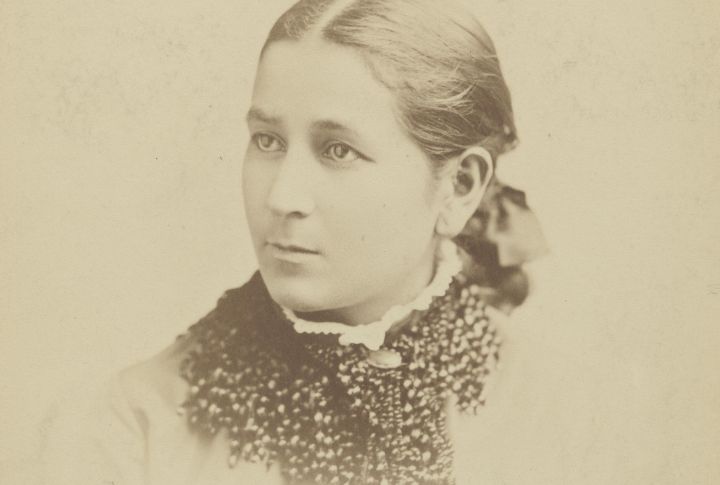
As a writer, lecturer, interpreter, and artist, Susette La Flesche advocated for Native American rights. Her impactful contributions led to her induction into the Nebraska Hall of Fame in 1983 and the National Women’s Hall of Fame (1994).
Ada Deer
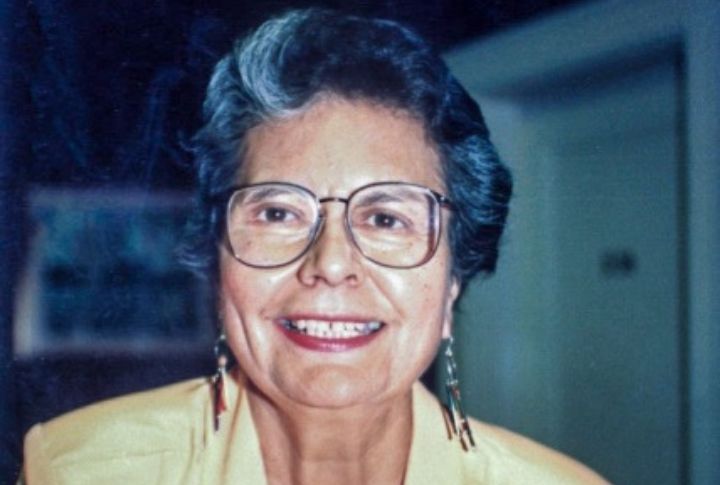
During the Clinton administration, this distinguished scholar and civil servant took on the role of Assistant Secretary of the Interior for Indian Affairs. Due to her advocacy for Native communities, she was felicitated by the National Association of Social Workers in 2010.
Rachel Caroline Eaton
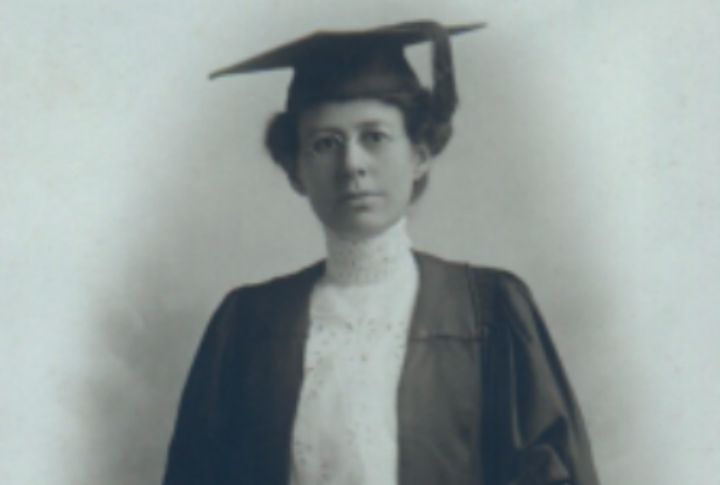
Rachel Caroline Eaton is thought to be the first Native American woman to get a Ph.D. In 1920, she became the first woman elected Superintendent of Public Instruction for Rogers County, Oklahoma. A few years later, she was inducted into the Oklahoma Hall of Fame.
Vine Deloria Jr.
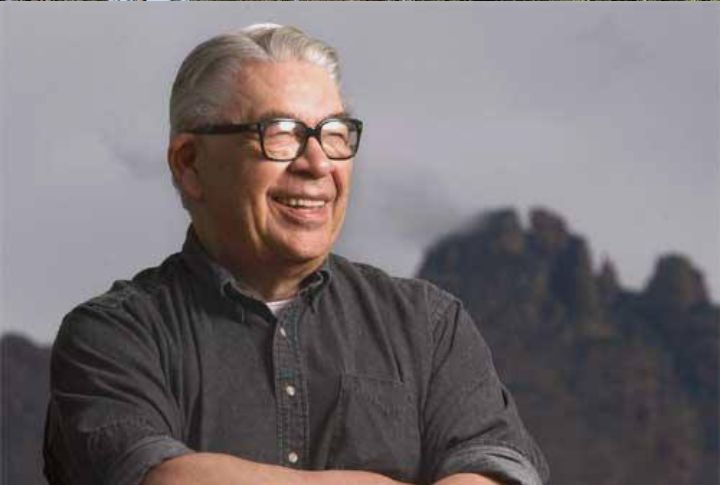
An author, theologian, historian, and activist, Vine Deloria Jr. gained widespread recognition for “Custer Died for Your Sins: An Indian Manifesto.” This work played a key role in highlighting Native American issues during the same year as the Alcatraz-Red Power Movement.
LaDonna Brave Bull Allard
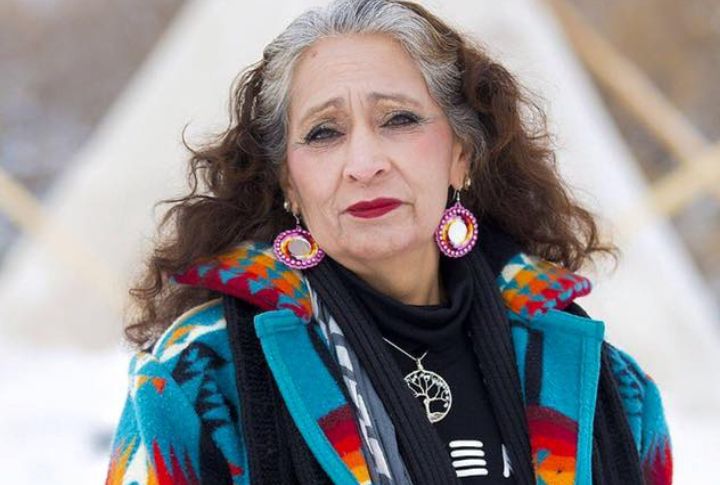
A passionate historian and genealogist, LaDonna Brave Bull Allard, also known as Tamakawastewin, was a central figure in the water protector movement. It was she who helped organize the resistance camps in April 2016 to protest the Dakota Access Pipeline.
Buffalo Calf Road Woman
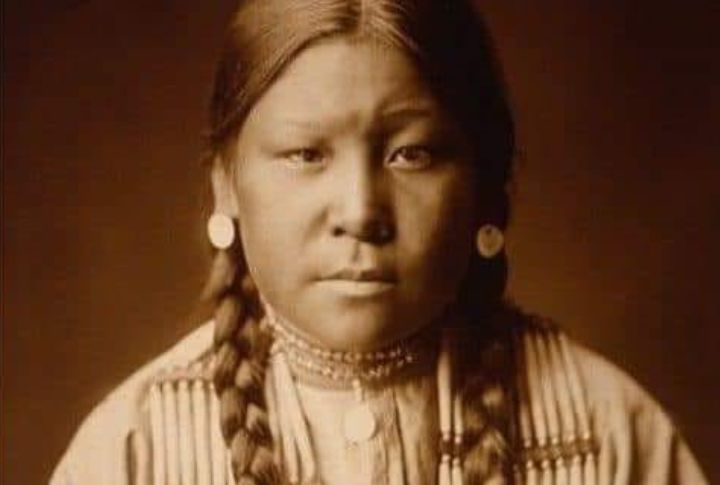
Buffalo Calf Road Woman, a Northern Cheyenne warrior, dramatically impacted the Battle of the Rosebud by saving her brother, which helped secure a Cheyenne victory. A 2005 revelation described that she was the one who struck George Armstrong Custer, knocking him off his horse before his demise.
Wilma Mankiller
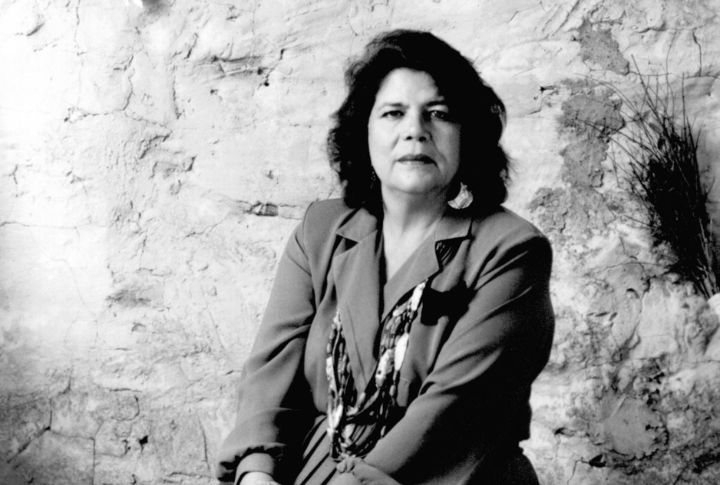
Wilma was the first woman to become the principal chief of the Cherokee Nation. In addition to her expertise in writing, she served as director of the Cherokee Nation’s Community Development Department. Plus, her likeness was honored on a quarter as part of the “American Women Quarters,” in 2021.
Joy Harjo
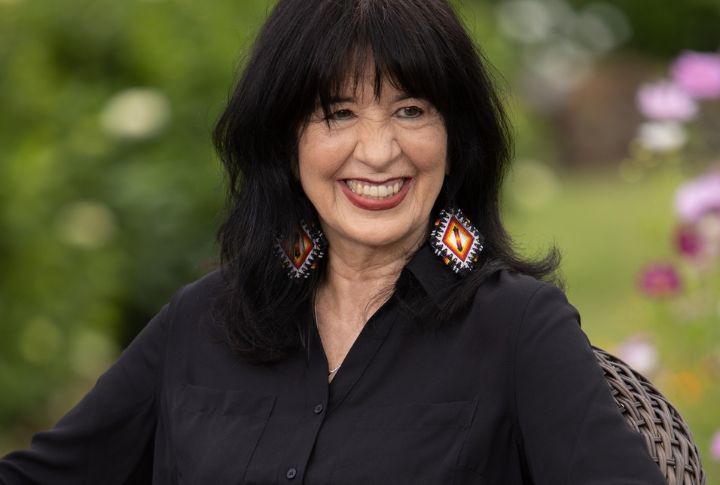
As the 23rd US Poet Laureate, she is the first Native American to receive the honor. It is also noteworthy that she was the second Poet Laureate Consultant in Poetry to fulfill three terms. Harjo is a key figure in the second wave of the Native American Renaissance.
Sacheen Littlefeather
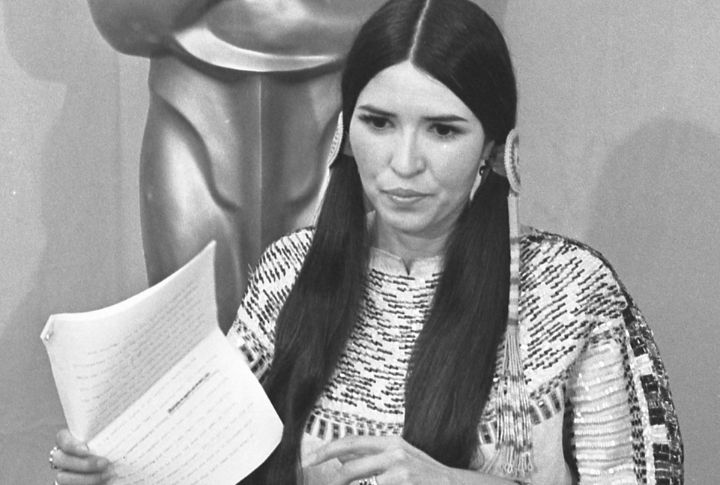
It was in 1973 that Sacheen made headlines when she declined Marlon Brando’s Best Actor award for him. Brando was boycotting the ceremony to protest Hollywood’s portrayal of Native Americans. Her speech drew mixed reactions from the audience, with both boos and applause.
Rosalie Fish
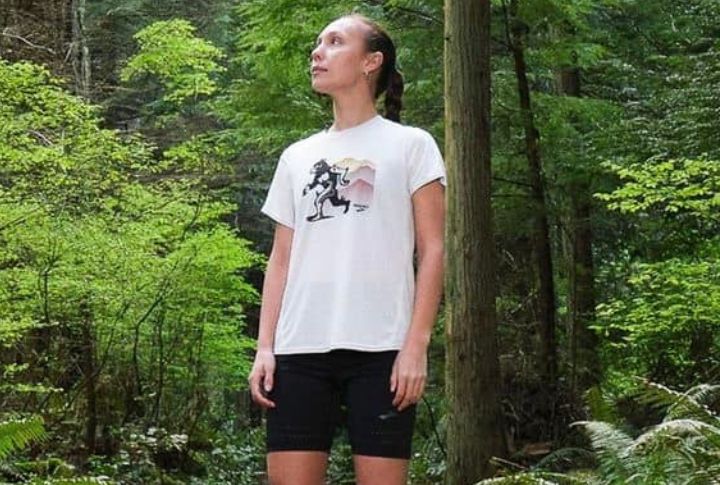
The Cowlitz Tribe’s Rosalie Fish made waves at the Washington State 1B track championships in 2019. In her performance, a red handprint over her mouth and MMIW letters on her leg spotlighted the plight of murdered Indigenous women (MMIW).
Lyda Conley
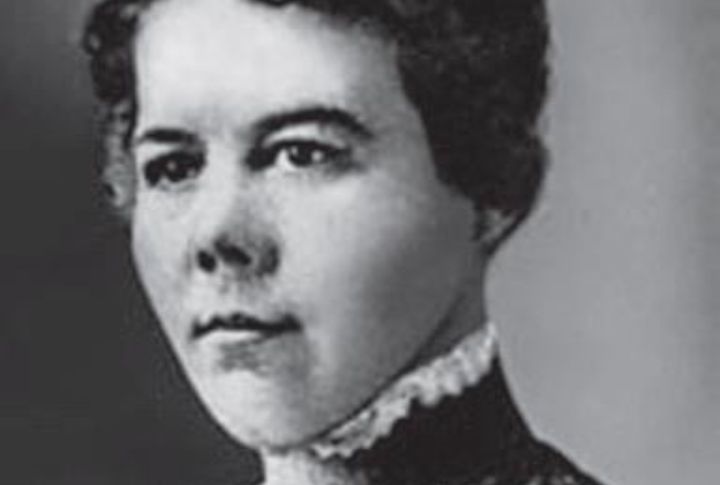
In the early 20th century, a Wyandot Native American lawyer broke new ground in both legal and indigenous rights fields. Lyda, the first woman listed in the Kansas Bar Association, became prominent for her relentless efforts to save the Huron Cemetery in Kansas City.
Isabella Aiukli Cornell

Beginning her activism at just 14 years old, Isabella delivered a powerful statement at her 2018 prom in a red dress adorned with symbols of her Choctaw heritage. The dress serves as a tribute to the countless Indigenous women who have disappeared or been murdered without justice.
Sitting Bull
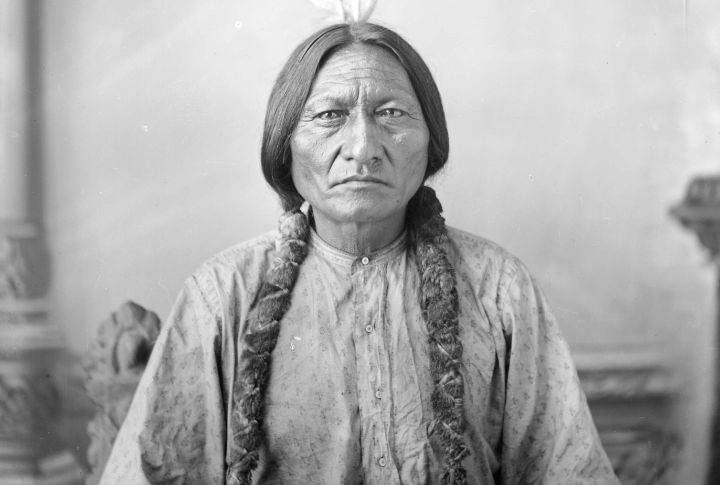
As a well-known Hunkpapa Lakota leader, he guided his people through years of resistance against US government policies. His life came to a tragic end on the Standing Rock Indian Reservation when Indian agency police, fearing his involvement with the Ghost Dance movement, attempted to arrest him.
Jim Thorpe
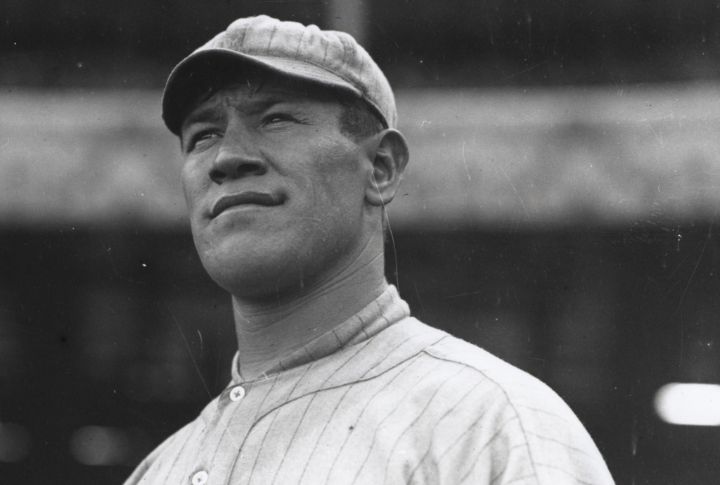
An exceptional American athlete and a member of the Sac and Fox Nation, Jim etched history as the first Native American to earn a gold medal for the US in the Olympics. He secured two Olympic gold medals at the 1912 Summer Olympics, which earned him a lasting legacy.

